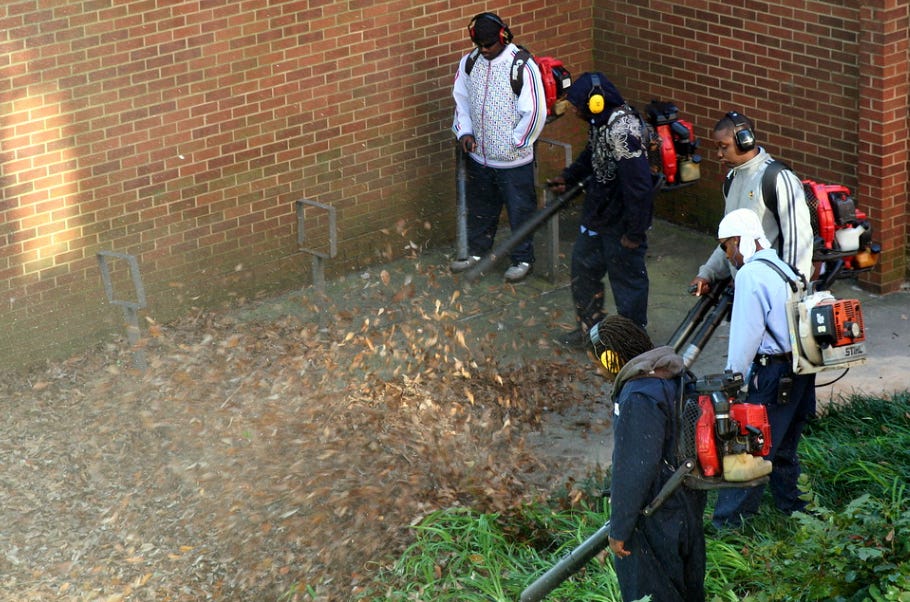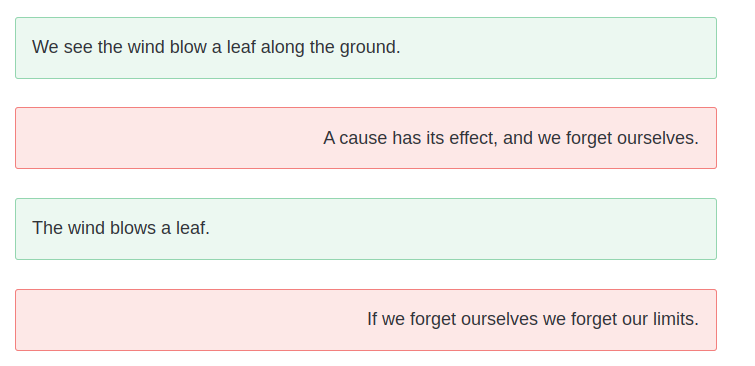Alignment ⑦ counts towards causality
My writing on alignment, a sub-project of the taphonomy of worlding, now tilts to an embodied physics, which is a kind of metaphysics, but not about physics, but about how we world our bodies as animals, as a bag of biting teeth and other assumptions evolving as the result of surviving.
Intake
When we model movement, and it is movement with which we animals begin to model as soon as we move… —so as we move, we model all before us. Then it is better, we find, to start with a simpler model. This is why we drop ourselves from the effort even as we labour along. One less thing. We forget our movements even as we move to incorporate everything before us.
And forget our partial selfs, even before we are ever conscious, or intelligent, or self-conscious, or even smile with a godlike stupidity.
Animal logic begins in forgetting itself in the calculations, either for the efficiency gained, the stress reduced, or for the opportunity cost of the effort required elsewhere. Effort reallocated, re-aligned. Yesterday forgotten.
All this can be quite confusing to explain (to ourselves) in a time-pressured environment, even before we world without the self. Forgetting the self in the service of surviving is very conflicted: to world out the self without the self.
Now, some say, quite correctly, that our narrative self surfs a wave of subconscious and unconscious self-movements, and that most of the time we are not really 'there' as a conscious entity, and even when we are there thinking feeling we are there all the time. That, even as we construct ourselves (move about our selves?) as always being there (aligning a story with the story of self) most of our energies do not really need this story at all. Which, if worded, we would call a narrative.
But sometimes, we are there, standing on occasion and in constancy. In addition we sometimes move in a wordless flow, that forgets to remember, that can fail to note our presence in the mix, just as it excludes our me-me from our simpler efforts at understanding the world around us. And we feel ourselves and latch onto words in any case like 'being' and 'nothingness'. But zero is always a hindsight.
What this highlights is that our sense of self remains partial even when we are not there, even without self-identity, and when we forget ourselves in the first instant (even before we each wake to ourselves). We are a point of view, even where we have no sense of it.
The same applies in the last instant (where we remove ourselves from the model to keep things simple). The remaining two items in a minimum alignment of three things, can logically cause a course along, as if we are not there, but the calculation remains in us, either first or last calculating. i.e. bothering to notice. Calculating, counting, discerning, and thus then aligning, where we including us, or do not, this process of aligning is by us. And latterly, embodied with a story or two or none.
We see it move.
And we see that it is in the world beyond ourselves, after all, what are we to the atmosphere, what are we to gravity? But do not forget who asks that lack of care or concern. Note it.
We do not create the world in forgetting ourselves (firstly or lastly). That’s just our take on it even as we taste it on our tongues before we can think. Objectivity is a take on our experience, this is why some think themselves into thinking they have created reality, when they remember themselves after forgetting. Or that truth is likely more constructed than not, because the model is constructed even as it forgets the constructor, the builder, the maker. That biter by means other than teeth.
The forgetting or failing of our selves in modelling the extrapolated line of causality between the wind and a leaf, is not remembered by assuming our POV is the ultimate cause. (Nor to turn that memory into an apotheosis of memory’s abstraction into some mono-god). Words make us, words fail us.
We are both not responsible and not innocent when we do not include ourselves in the model. We are prior to those concerns of ours, in a way that is not yet causing us to talk about it. So hard to talk about it.
through takes
This is messy because this is what evolution has come up with. It might be logically inconsistent or allow inconsistencies if not incoherence to arise, but it is what it is. Not as neat as our pictures even when we forget the POVs that frame it. All the errors like platonism or indeed any metaphysics any stories are evidence of the worlding we do with whatever is available to knit into our cocoons our extended phenotypes, even the minds of other people.
It is difficult to put ourselves in the model, in the frame that we see if only because we have a POV. Especially if we have other more pressing things to worry about.
Platonic forms remove ourselves from the model even further than objectivity does, into an abstract ideal. It is a form of idolatry, just as faith is.
The map is not the territory, so the platonist assumes (aligns) … therefore the earth is but a pale corrupt version of the map (that I hold in mind, based on an objective world I have modelled outside and/or without me, because I am tired of all the mess). The mess remains regardless of forgetting or remembering the POV and any selfing it may or may not do.
I see the wind blow the leaf along the ground.
Do you?
out takes
Inter-subjective projects are a deep part of a social learning species or genus like Homo. Getting everyone to forget themselves, is that wise? Is that always happening anyway? Is that why we talk so much?
I mean the tools can be interesting: truth, objective reality, causality, mathematics, logic, scientific methodologies, but what is then the ethical response to morality given that those tools have ‘discovered’ or 'recollected' by occluding our natures in evolution’s nurture?

Crossposted at whyweshould.loofs-samorzewski. This is part of a series or writings about Alignment in the project [taphonomy of worlding].








